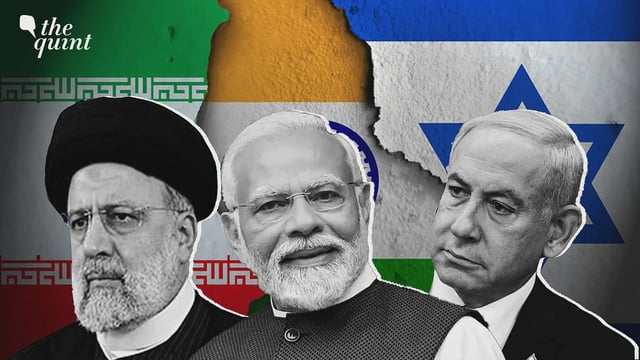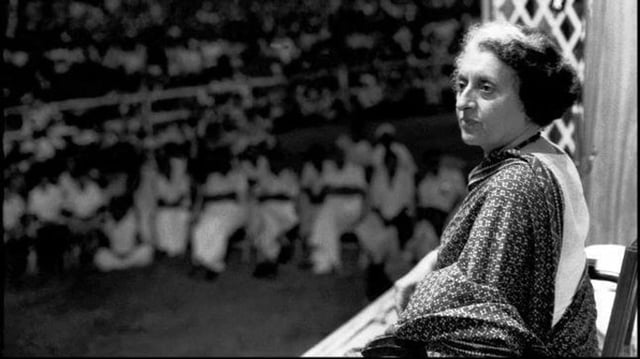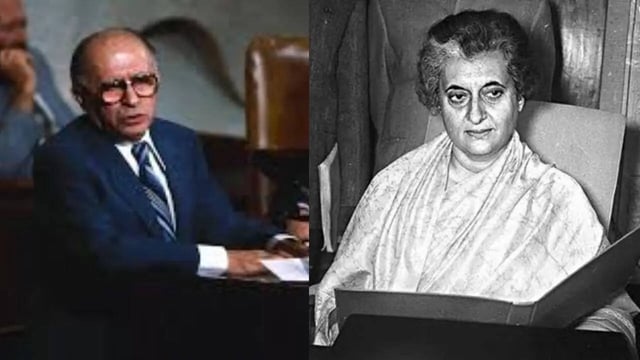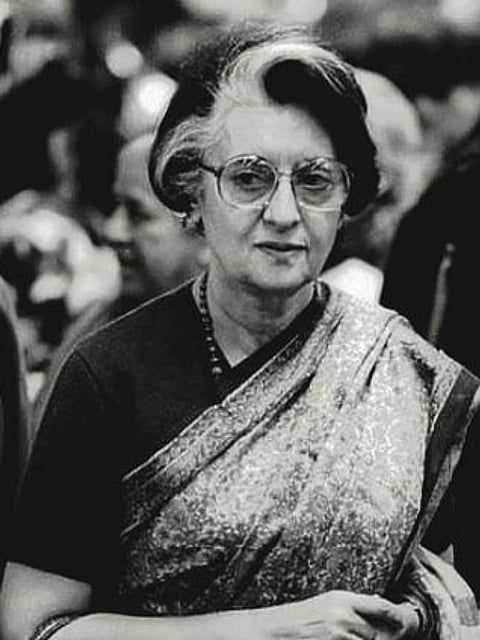Overview
- In the early 1980s, Israel covertly offered to deploy F-15 and F-16 jets to Indian bases at Jamnagar and Udhampur for a joint strike on Pakistan’s Kahuta nuclear facility, with India’s Jaguar fighters providing refueling and operational support.
- Prime Minister Indira Gandhi initially approved the blueprint but shelved it weeks before execution amid a rising Punjab insurgency, Kashmir tensions and concerns over domestic stability.
- India’s decision pivoted on the risk of a U.S. backlash—given Washington’s backing of Pakistan in the Afghan conflict—and on reports that the CIA had alerted Islamabad, prompting threats of retaliation.
- Following Indira Gandhi’s assassination in 1984, Rajiv Gandhi formally abandoned the operation and India and Pakistan signed a 1988 accord banning attacks on each other’s nuclear sites with annual facility exchanges.
- The resurfacing of this plan coincides with Israel’s recent strikes on Iran’s nuclear sites, highlighting enduring debates over pre-emptive action and nuclear proliferation across the region.



